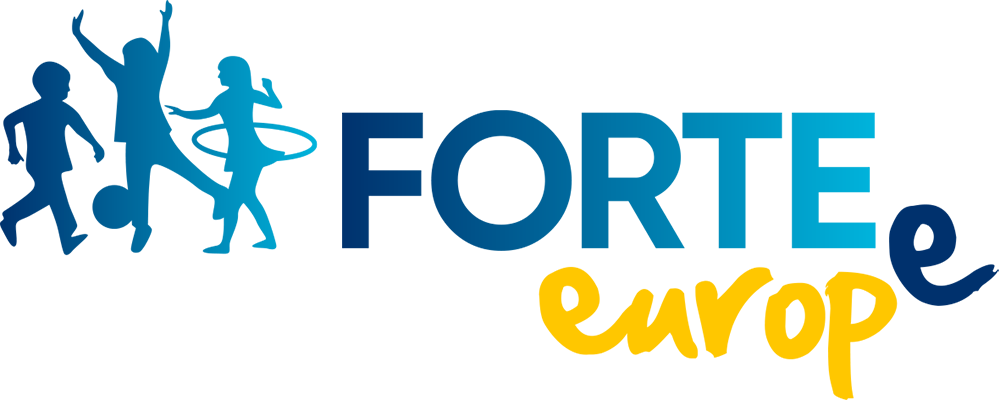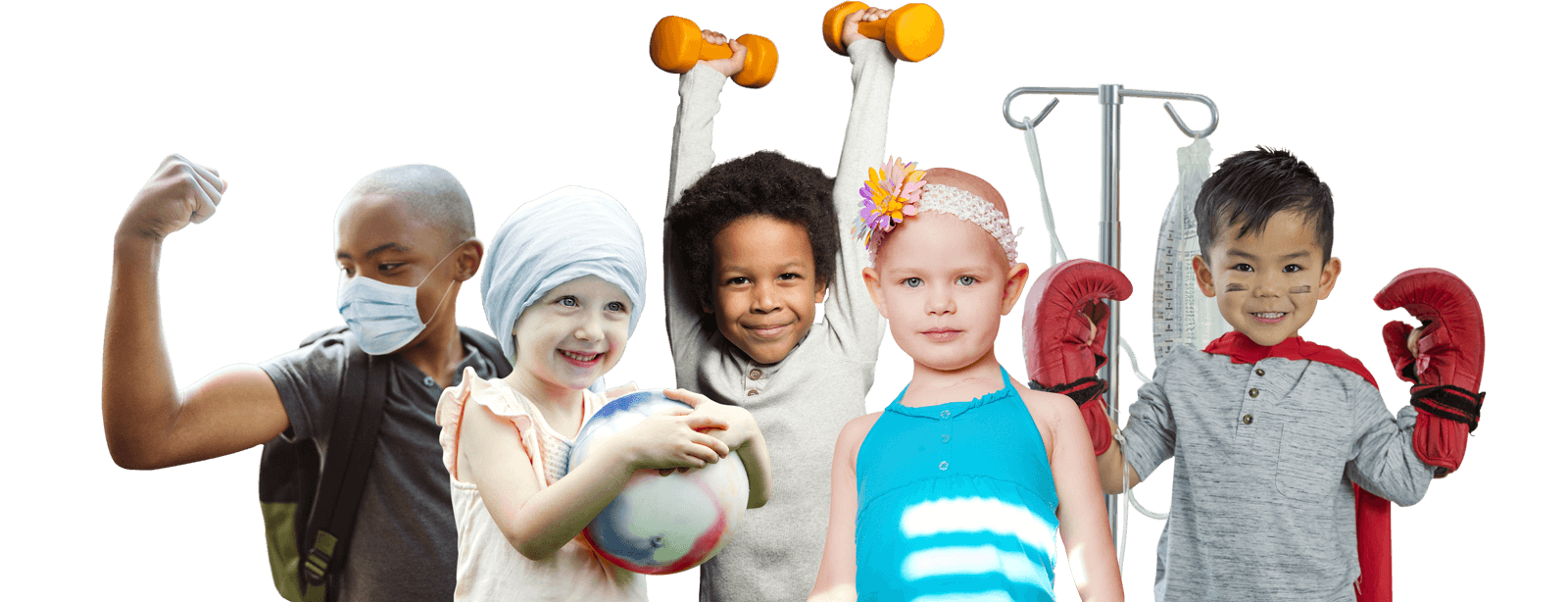News & Events
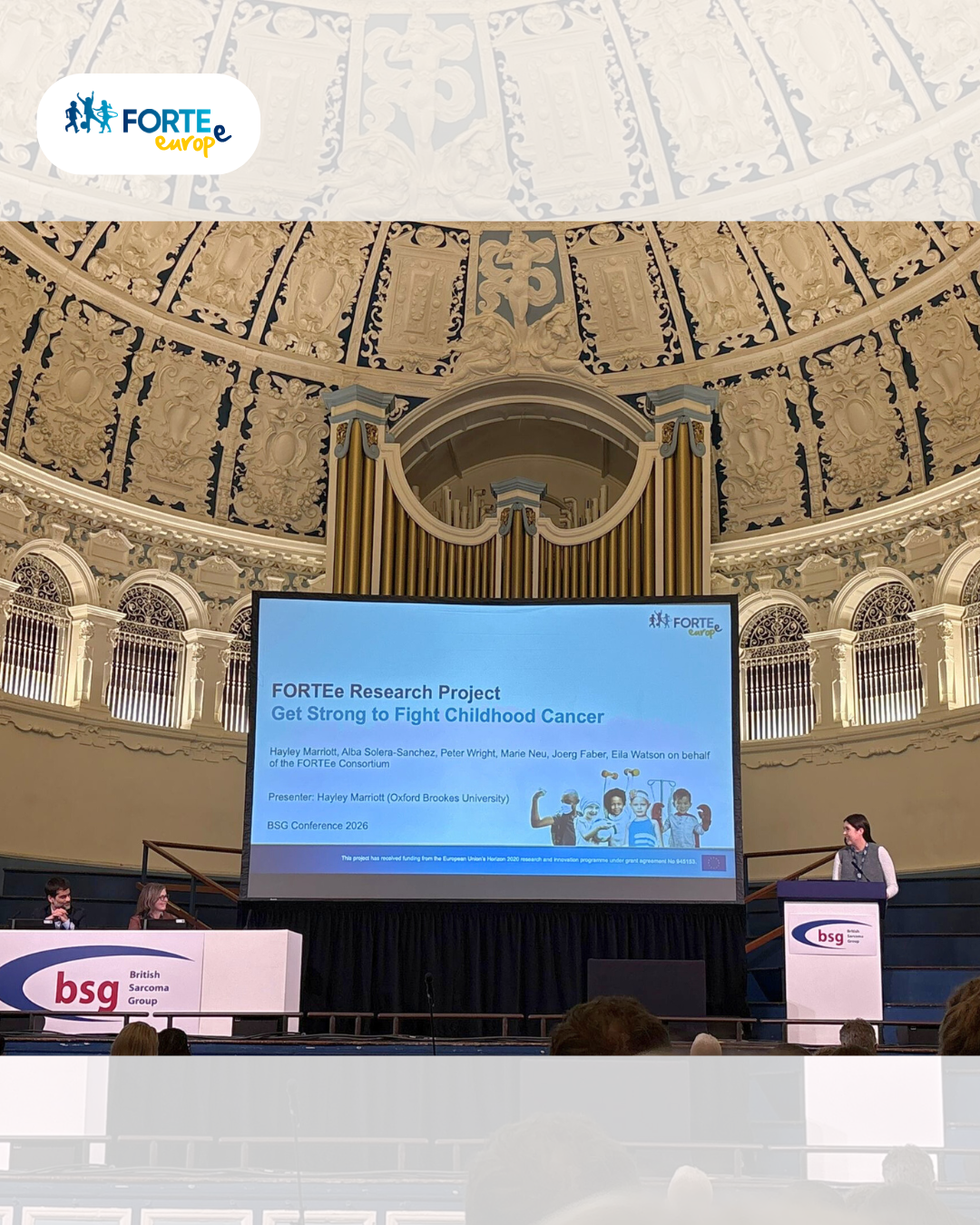
FORTEe at the British Sarcoma Group Conference 2026
Hayley Marriott, researcher from the team at Oxford Brookes University, presented the FORTEe study yesterday at the British Sarcoma Group Conference in Oxford.
It was a fantastic opportunity to showcase our work to colleagues who are deeply committed to advancing cancer research and strengthening collaboration. And what an inspiring venue to share our research!
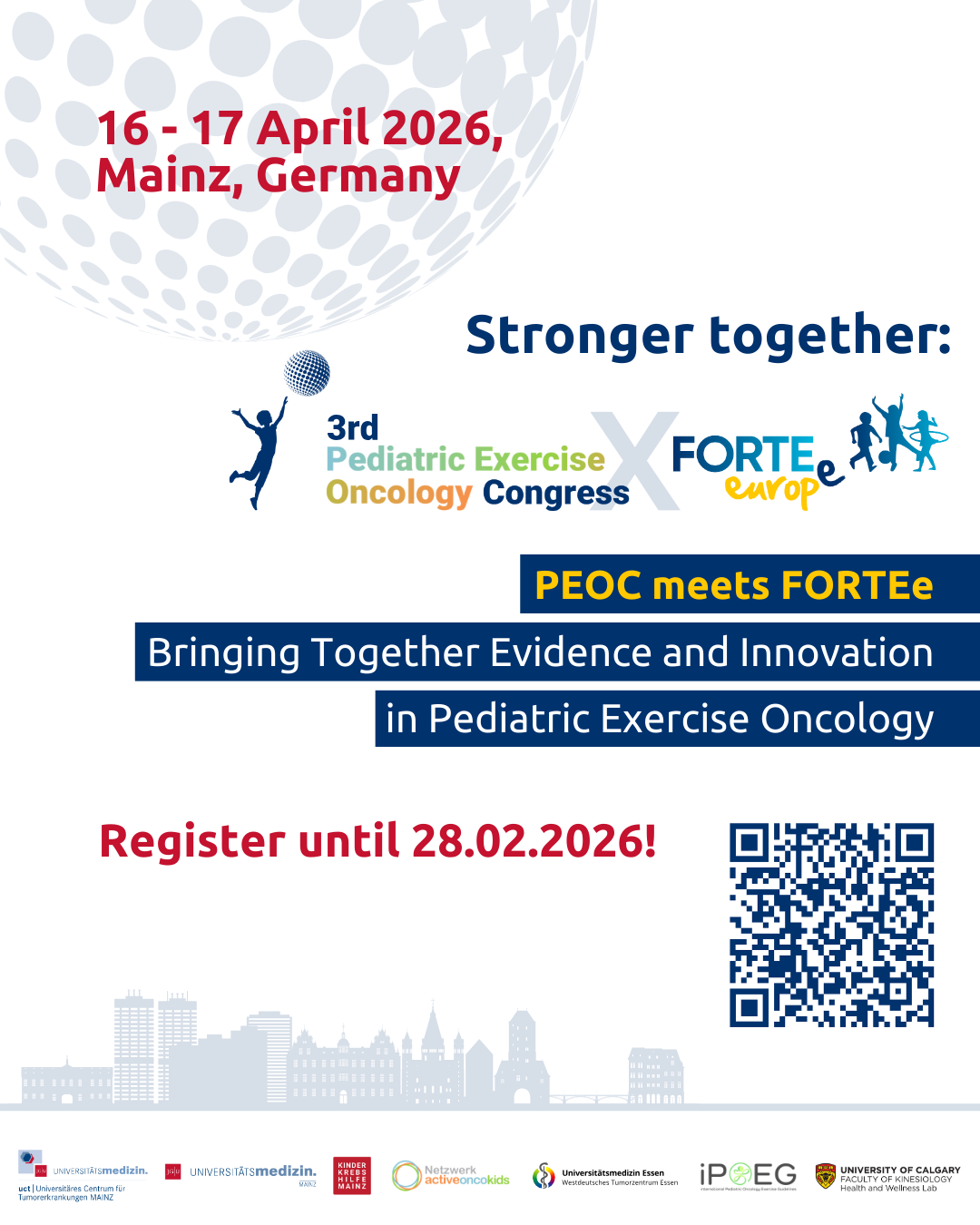
Registration for PEOC x FORTEe
3rd Pediatric Exercise Oncology Congress – PEOC x FORTEe
📍 𝗠𝗮𝗶𝗻𝘇, 𝗚𝗲𝗿𝗺𝗮𝗻𝘆 | 🗓️ 𝟭𝟲–𝟭𝟳 𝗔𝗽𝗿𝗶𝗹 𝟮𝟬𝟮𝟲
➡️ Register here!
Join FORTEe and leading clinicians, researchers, and stakeholders for two dynamic days focused on the future of exercise in pediatric oncology!
- Hear cutting-edge keynotes from David Mizrahi (Australia), Carmen Fiuza Luces (Spain), Keri Schadler (USA) and Precious Madzimbe (Zimbabwe)
- Present your latest findings through oral talks, rapid presentations, or interactive posters (abstract submission is closed)
- Connect with peers at our Congress Dinner and FORTEe Science Evening
Whether you’re an exercise professional, clinician, researcher, student, or patient advocate – PEOC × FORTE will inspire and equip you to integrate exercise into pediatric oncology care and research.
The abstract submission is closed and the review process is still ongoing. However, congress registration is open now.
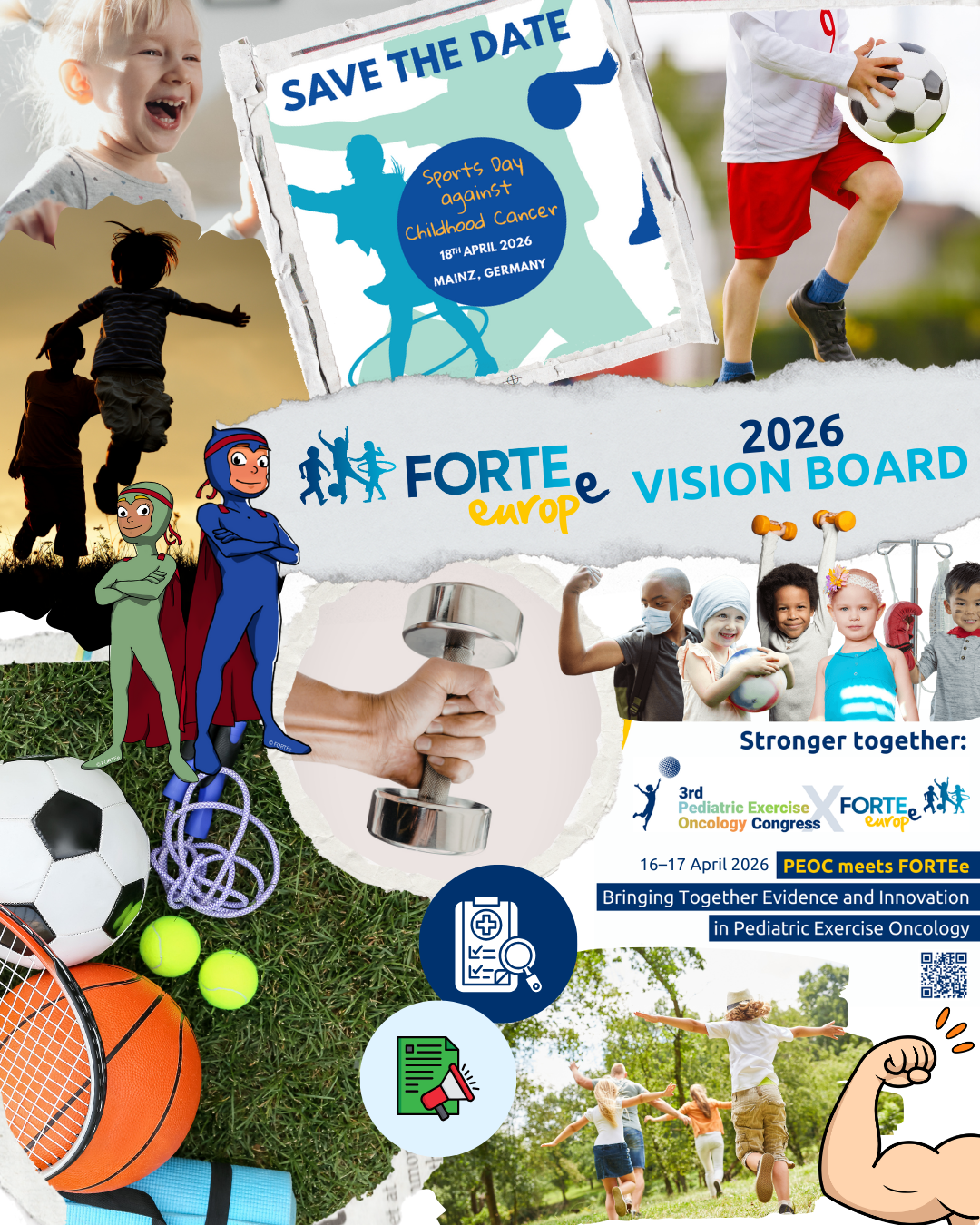
FORTEe moves into the final project year
FORTEe has returned to the office after the winter break and is fully engaged in its final project year. The focus for 2026 is clear: deliver impact, and consolidation of results. The coming months will be intensive and ambitious, with a strong emphasis on translating research into measurable progress for pediatric exercise oncology.
Several key milestones are already on the horizon. New scientific publications will further advance the evidence base in pediatric exercise oncology. The 3rd Pediatric Exercise Oncology Congress, PEOC × FORTEe 2026, will take place on 16 – 17 April 2026, providing a platform for scientific exchange and community building. This will be followed by the Kickin’ Cancer Sports Day against Childhood Cancer on 18 April 2026 in Mainz, Germany, reinforcing the project’s commitment to awareness, participation, and real-world impact.
Stay tuned as we move into this final phase of the project!
